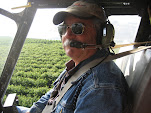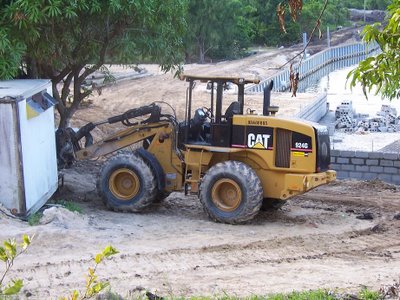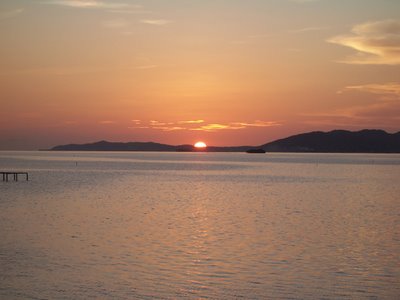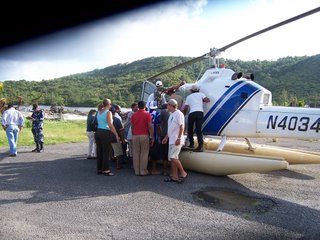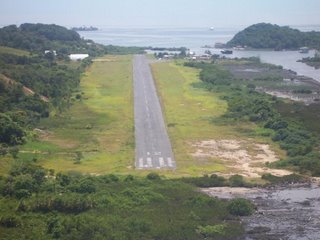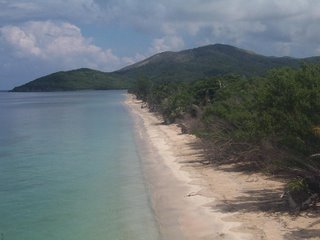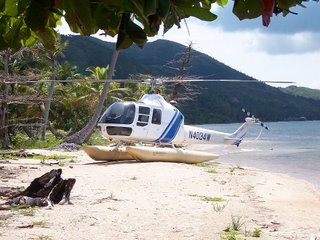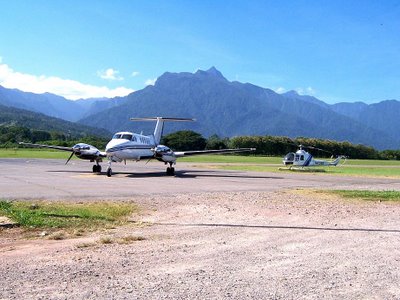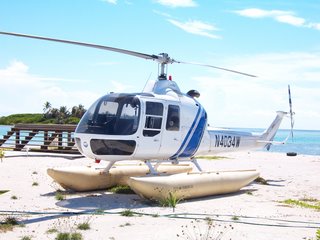When I got out of high school in 1973 I went to work for a small AM/FM radio station in upstate New York. I discovered that while I have the perfect face for radio, I was not destined to be the next Casey Kasem (this was way before Howard Stern or even Imus).
Our AM side was your typical small-town daytime station. We did different things during the different parts of the day. I was the “news guy” on “The Dawn Patrol” morning show. But I also occasionally filled in on the afternoon Top-40 rock show when the regular d.j. was late getting home from school. On weekends, I’d “run the board” for the local Baptist preacher’s Sunday morning show, then do the same that afternoon for Mike Morelli’s all-Italian hour.
Our FM was “Solid Gold” during the day, then switched to “Progressive Rock” from 6 p.m. to midnight, when it signed-off. I was the night guy. My job: program rock music that would appeal to 18 to 49 year-old males. I was only 18 years old myself – what did I know about 49 year olds? Basically I played what I wanted. It was fun.
Sometimes I’d fill in and do a Solid Gold shift when someone needed the day off. They were fun because I got to play the music I grew up with in the 1960’s. Oddly, I do not ever remember playing an Elvis Presley song. Elvis was still pumping out current hits right up until 1977. So we didn’t think of him as an “oldies” artist, I guess, although he certainly was.
This Christmas, a friend gave me one of those super-cool iPods. Two hundred and forty songs in a tiny little box no bigger than the battery for my digital camera.

Naturally I signed up for iTunes and began buying songs at a dollar a pop. I started with new stuff that I like: Gomez and Death Cab For Cutie and Citizen Cope. But exploring their library a little deeper, I struck…well, gold.
I never really appreciated Elvis Presley’s work – I was not an “Elvis fan.” But I liked that recent remix of his “A Little Less Conversation” so I downloaded it. That reminded me of a couple of other of his scorchers: “Burning Love” and “Promised Land,” both of which I hadn't heard in a long time. Elvis could belt out a song like nobody’s business. In retrospect, he really was The King. “Promised Land,” written by Chuck Berry and recorded by Elvis in Memphis in 1973, may be one of the most perfect pop songs ever recorded – 2:51 of pure aural heaven.

I left my home in Norfolk Virginia,
California on my mind.
I straddled that Greyhound and rode him past Raleigh,
On across Caroline.
Had motor trouble it turned into a struggle,
Half way 'cross Alabam,
Well that 'hound broke down and left us all stranded
In downtown Birmingham.
Right away I bought me a through train ticket,
Ridin’ cross Mississippi clean
And I was on that midnight flyer out of Birmingham
Smoking into New Orleans.
Somebody help me get out of Louisiana
Just help me get to Houston town.
There’re people there who care a little 'bout me
And they won't let the poor boy down.
Sure as you're born, they bought me a silk suit,
And put luggage in my hands,
And I woke up high over Albuquerque
On a jet to the promised land.
Workin' on a T-bone steak a la carte
Flying over to the Golden State
When the pilot told us in thirteen minutes
He would sit us at the terminal gate.
Swing low chariot, come down easy
Taxi to the terminal zone
Cut your engines and cool your wings,
And let me make it to the telephone.
Los Angeles, give me Norfolk Virginia, Tidewater Four Ten Oh Nine
Tell the folks back home this is the promised land callin'
And the poor boy's on the line...
It’s a great song because it moves. The lyrics move the protagonist from one side of the country to the other. They move him through different modes of travel (bus, train, plane). They move him socially (although it is only implied) from Virginia to California. You get the impression that when he calls from California it’s not to say, “Be home soon!” but just the opposite. And the arrangement of the song is smoking! Elvis just kills it. (And I mean that in a good way.)
I’ve got room for another 220 songs in my iPod. Time to start digging again. I have a feeling that I’ll be spending another $220 very shortly. Got to love technology!
